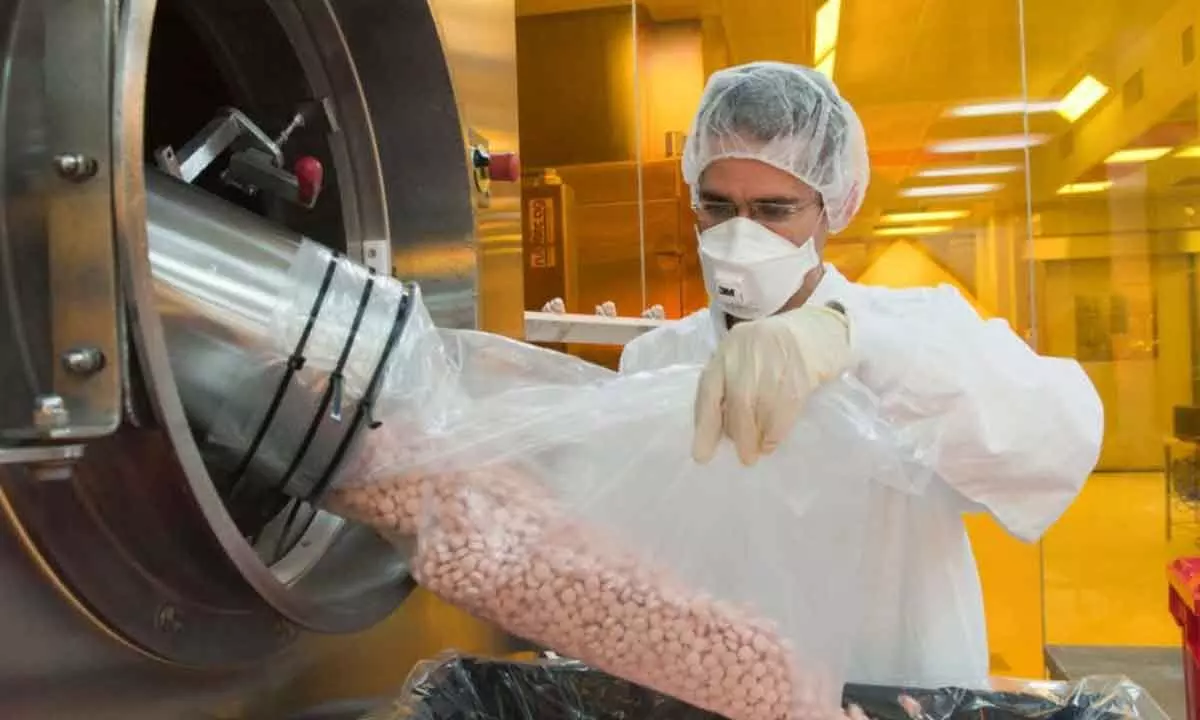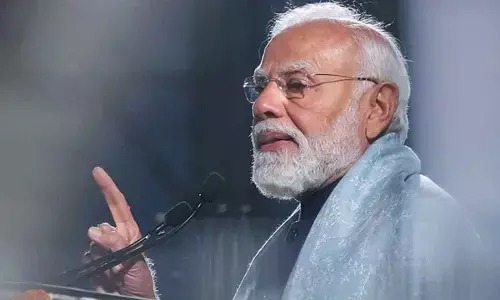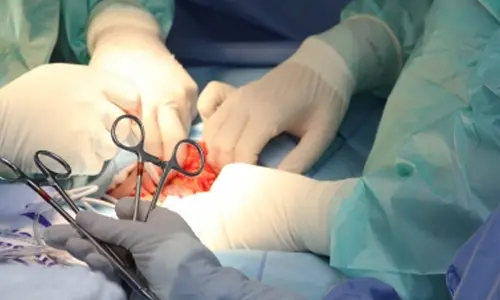Trade margin tweak spooks pharma

Govt should come to a conclusion only after considering concerns of all stakeholders
To ensure access to quality healthcare at an affordable price, the Central government is all set to rationalise trade margins on non-scheduled medicines soon. The pharmaceutical industry associations and the government agencies have come together to discuss the trade margin rationalisation (TMR) at length to reach a consensus on the issue which has been pending for quite some time now.
For the last couple of months, the Department of Pharmaceuticals (DoP) has convened several meetings to find an amicable solution to the issue which will have a direct bearing on the more than Rs 1,68,000 crore domestic pharmaceutical market as the present arrangement has been going on for decades together. That the government attaches upmost importance to the issue is clear from the fact that the meetings were spearheaded by none other than the Union minister for Chemicals & Fertilizers Mansukh Mandaviya himself along with DoP secretary S Aparna, National Pharmaceutical Pricing Authority (NPPA) chairman Kamlesh Pant and other senior NPPA officials.
The DoP had earlier forwarded a slew of measures to rationalise the trade margins on medicines to Niti Aayog, the central government's policy think-tank. One of the measures was to reduce trade margins to 43 per cent on non-scheduled medicines. Another measure was to cap trade margin on all formulations and dosages at 100 per cent. The department had further suggested that drugs priced Rs. 2-5 a unit should be exempted from trade margin rationalisation.
While the industry as a whole has come to terms with the government's move to introduce TMR, the pharma micro, small and medium enterprises (MSMEs) have expressed reservations on the issue. They argue that if trade margins of MSMEs are capped on the basis of ex-factory price, then none of the channel partners of MSMEs will be left with any margin to promote the product and medicines from MSMEs will cease to become attractive. Not only will over 8000 pharma MSMEs close down but channel partners will go out of business too, resulting in several lakh people losing their livelihood and jobs without any gain to the consumers.
It is true that frequent changes in pharma policies with restrictions and new guidelines being unveiled by the government after replacing the existing ones are putting disruptions on the operations of the MSME pharma units. The MSME pharma units in the country have suggested that a practical way would be to reduce the price of the lead brands and the MSMEs can fall in line by not crossing the price of the lead brand. In a recent letter to Prime Minister Narendra Modi, the MSMEs have stated that if trade margins are capped, the MSMEs will have no choice but to close down and in such a scenario, the consumers will gain nothing because they will be forced to buy MNC products on which capping has no effect.
By changing the current trade margin structure that has been in force for many decades, the government wanted to make all the drugs affordable to the consumers, especially drugs for ailments like chronic kidney disease, some high end antibiotics, anti-virals (anti-infectives), as well as some cancer drugs. The government is keen to introduce trade margin capping on pharmaceutical industry to curb the overcharging of the prices of medicines. With over 50,000 stockists and 800,000 retailers, the TMR issue is surely a complex one.
So, it should be implemented in a phased manner so as not to cause any disruption in the market. The date for the commencement of TMR should be conveyed at least 3 months in advance. A proper amendment should be made in the DPCO-2013 to include TMR. TMR should be applied only to non-scheduled formulations and should exclude medicines under Para 19 of DPCO-2013. For easy implementation, TMR should not be applicable to formulations with prices below Rs 100. TMR should exclude formulations for government institutional business. There are several aspects involved in the TMR issue. So, the government should come to a conclusion after taking into consideration all the concerns expressed by all the stakeholders.
(The author is freelance journalist with varied experience
in different fields)








